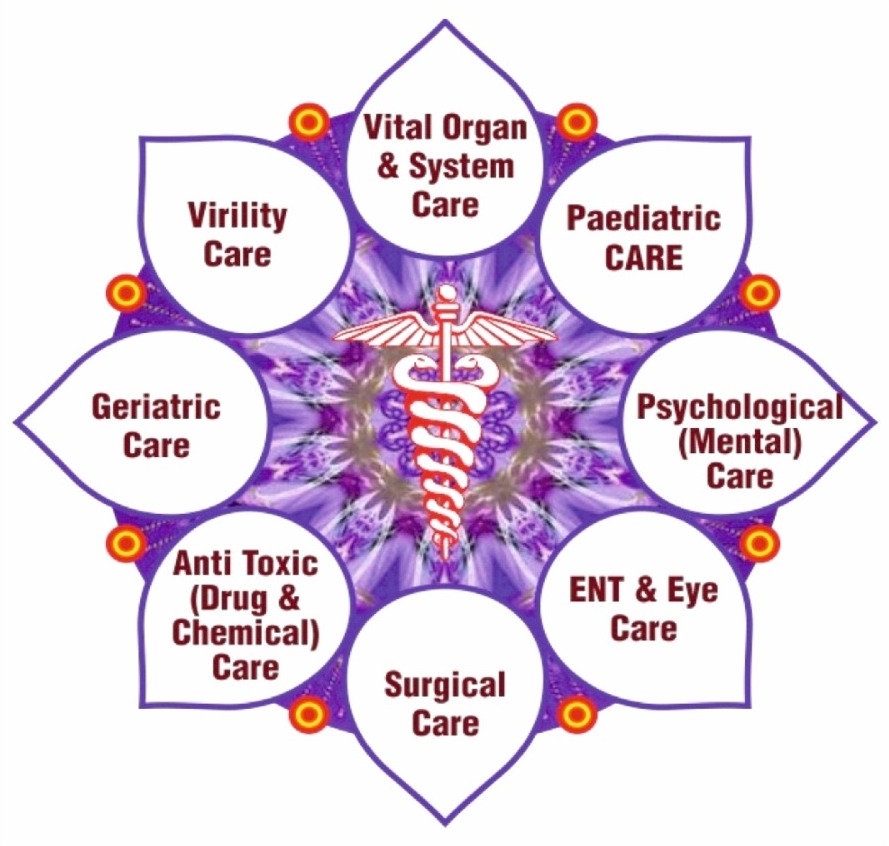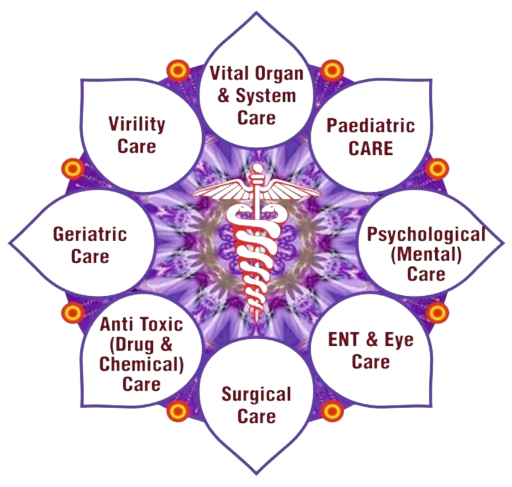Mental Health Care

Ayurvedic mental health care offers a holistic approach to managing and improving emotional and psychological well-being. Rooted in ancient Indian wisdom, Ayurveda integrates natural therapies, lifestyle practices, and dietary recommendations to support mental health and address a range of emotional and cognitive issues.
Key Aspects of Ayurvedic Mental Health Care:
Holistic Assessment: Ayurvedic practitioners evaluate mental health by assessing imbalances in the doshas (body energies), which can affect emotional and psychological states. This personalized approach helps in identifying the root causes of mental health issues and creating tailored treatment plans.
Herbal Remedies: Ayurveda uses various herbs known for their calming and mood-enhancing properties. Herbs like Ashwagandha, Brahmi, and Jatamansi are commonly used to reduce stress, anxiety, and depression, while also improving cognitive function and emotional stability.
Diet and Nutrition: A balanced diet is crucial for mental health. Ayurveda recommends foods that support brain function, stabilize mood, and maintain energy levels. Emphasis is placed on incorporating nutrient-rich foods and avoiding those that may aggravate mental health conditions.
Lifestyle Practices: Regular practices such as yoga and meditation play a significant role in mental well-being. These practices help reduce stress, enhance mental clarity, and promote emotional balance by harmonizing the mind and body.
Stress Management: Ayurveda provides techniques for managing stress through relaxation practices, daily routines, and mindfulness. Techniques such as deep breathing exercises and self-massage are incorporated to alleviate tension and promote relaxation.
Ayurvedic mental health care aims to address both the symptoms and underlying causes of mental health issues, fostering overall emotional and psychological well-being through a balanced and natural approach.


